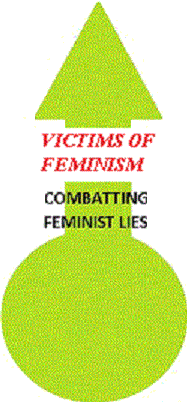Home > Issues > Race > Indigenous Rights, Morality, Estoppel & Mabo v Queensland |
||||||||||

|
Empowering Men:fighting feminist lies |
|||||||||
Indigenous Rights, Morality, Estoppel & Mabo v Queensland© Peter Zohrab 2005 |
||||||||||
Home > Issues > Race > Indigenous Rights, Morality, Estoppel & Mabo v Queensland |
||||||||||

|
Empowering Men:fighting feminist lies |
|||||||||
Indigenous Rights, Morality, Estoppel & Mabo v Queensland© Peter Zohrab 2005 |
||||||||||
"It must be acknowledged that, to state the common law in this way involves the overruling of cases which have held the contrary. To maintain the authority of those cases would destroy the equality of all Australian citizens before the law."
"the skeleton which gives our land law its shape and consistency."
"A rule of evidence or a rule of law that prevents a person from denying the truth of a statement he has made or from denying facts that he has alleged to exist. The denial must have been acted upon (probably to his disadvantage) by the person who wishes to take advantage of the estoppel or his position must have been altered as a result."
| |
|||||||||
|
|||||||||
Top |